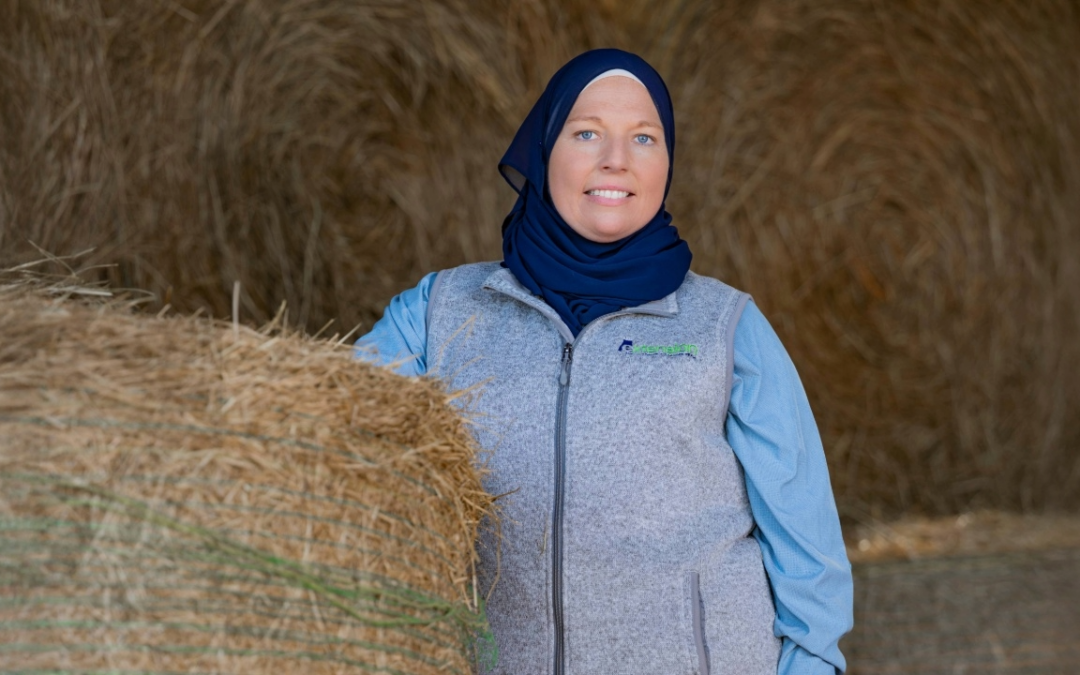Partnership with CERES TAG to enhance data collection
The Department of Animal Sciences in the Auburn University College of Agriculture recently announced a partnership with CERES TAG, a leading global animal health intelligence platform to improve livestock monitoring and grazing practices.
CERES TAG is the world’s first satellite-enabled animal health intelligence platform that delivers real-time, research-backed data to support livestock management. Designed to support producers across the globe by providing insights into livestock location, behaviour and environmental impact, this technology empowers informed decision making that enhances productivity, sustainability and animal welfare.
“By integrating this advanced technology into our research, we can expand the scope and precision of the data we collect, which will ultimately translate into practical solutions for producers,” said Kim Mullenix, head of the Department of Animal Sciences in the Auburn College of Agriculture. “It’s an exciting opportunity that strengthens our ability to support animal health, grazing sustainability and the future of the livestock industry.”
Through this partnership, the Department of Animal Sciences will be able to conduct extensive research utilizing CERES TAG technology, enhancing their data collection capabilities. The resulting insights will drive powerful, research-backed and data-driven solutions that will help producers make more informed decisions around animal health, grazing sustainability and overall productivity.
“CERES TAG, has always been committed to delivering science-backed innovation to support producers in their day-to-day practices worldwide,” said David Smith, chief executive officer of CERES TAG. “This collaboration with Auburn University allows us to dig even deeper, uncovering new insights to develop more innovative solutions. By combining our world-first livestock monitoring technology with Auburn’s world-class research, we can push the boundaries of what’s possible. This provides producers with even greater tools to enhance their operations.”
This partnership is set to deliver tangible benefits for producers, enabling improvements in productivity, cost-efficiency, and sustainable practices while providing new insights into livestock behaviour and environmental impact.





